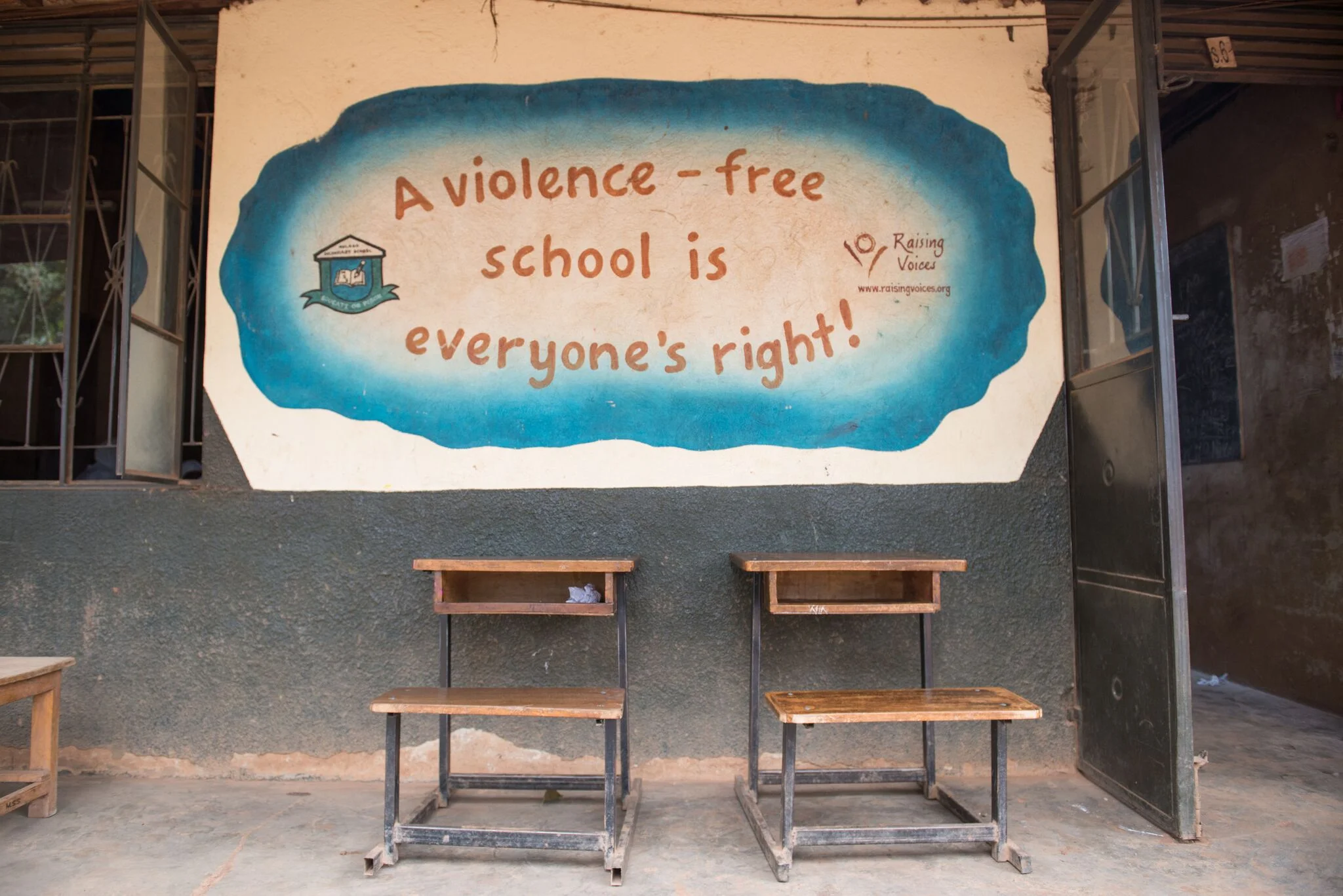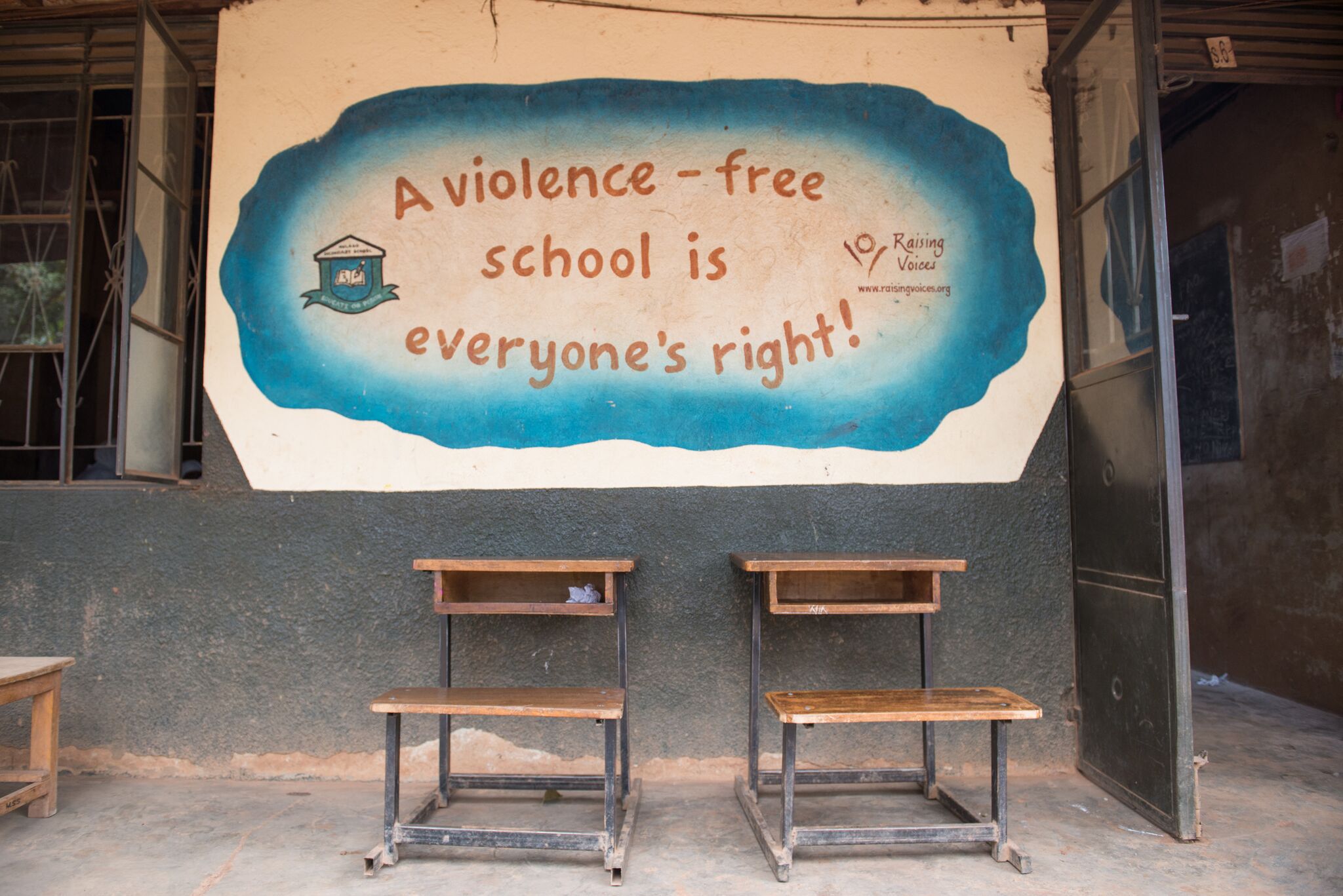Photo: Henry Vanderspek
Preventing and eradicating violence against women and children remains a global challenge. In North America alone, the Canadian Women’s Foundation estimates that around 3,500 women and 2,700 children sleep in shelters across Canada on any given night, because it isn’t safe in their own homes. As if those numbers weren't alarming enough, an estimated 300 women and children are turned away because shelters are at their capacity.
Photo: Henry Vanderspek
Photo: Henry Vanderspek
Photo: Henry Vanderspek
On the other side of the globe, a study by the South African Medical Research Council, illustrates the intense level of violence experienced by women in South Africa. The SAMRC estimate that 40% of men have, at some point, been violent to their female partner, and in turn, 40-50% of women have at some point been the victim of violence from their male partner. The report also concluded that 15% of children report times in their lives when one or both parents were too drunk to care for them, and one in two children experience emotional abuse, parental neglect, or witness violence against their mothers at home.
Photo: Henry Vanderspek
Recognizing the urgency of the situation, Raising Voices was founded in 1999 as a non-profit that strives to catalyze social change in vulnerable communities where violence against women runs high. Based in Kampala, Uganda, the organization works closely with their partners on the ground throughout East and Southern Africa to build lasting and trusting relationships, in an effort to stem the tide of violence. This organization focuses on moving away from the focus of gender, and encouraging active thought surrounding human rights and activism in order to engage people from all levels of society so that dignity and respect are recognized.
Photo: Henry Vanderspek
As part of this, Raising Voices attempts to influence policy, so that community drivers can flourish in their attempts for successful and affirmative action. Such action also involves a global advocacy initiative where Raising Voices has constructed five steps to help prevent violence against women and children. These include showing leadership, creating equality, changing norms, challenging sectors, and investing in research and programming. Peter Bahemuka, Senior Program Officer with Raising Voices said, “Raising Voices undertakes evidence-based policy influencing by innovating methodologies for prevention of violence against women and children, testing their efficacy in partnership with other actors through rigorous research, investing in learning from what we do, and disseminating knowledge and evidence through advocacy and communications.”
One innovative methodology that has taken off at Raising Voices is the Good School Toolkit. Composed of four interrelated objectives, the Good School Toolkit aims to establish a collective vision for the school, create a nurturing learning environment, implement progressive learning strategies, and strengthen overall school governance. An in-house study conducted in 2005 by Raising Voices found that just over 60% of its children experienced violence at school--add this to the everyday violence found at home, and children had very little in terms of a safe space. The Good Toolkit is a child-friendly approach that works to eliminate violence in the classroom. Its proactive approach influences educators and enables key stakeholders to create change in a natural way.
Photo: Henry Vanderspek
Though the actions of organizations like Raising Voices are on the right track to eradicating violence against women, the issue continues to plague countries around the world, and not just as a result of direct, physical violence. The Wisconsin State Journal reported on March 21, 2017, that President Trump’s proposed budget would axe funding to sexual assault and domestic violence victims, the services such victims would require and also funding needed by officials to prosecute the perpetrators. Such proposed cuts would diminish any hope of curbing the tide of violence against women and children in the States, President Trump has also spoken out against the services provided by Planned Parenthood, and has vowed to withdraw funding for that organization, negatively affecting women and children around the globe.
Photo: Henry Vanderspek
Photo: Henry Vanderspek
The work of organizations like Raising Voices is now more pertinent than ever. It is up to everyone to work together in unison. “For our part, Raising Voices mobilizes communities to create everyday activists and empowers people through reflection, skill-building, education, and dialogue to promote long-term sustainable prevention," Bahemuka said. Violence should be a forgotten chapter in our history, not the daily reality for millions of women and children across the globe.
For more ways to help, click here.
You will also like












